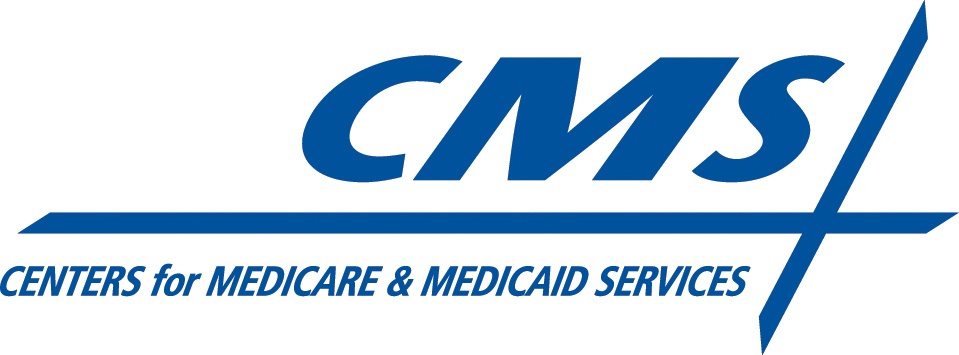Healthcare reform aside, physicians are increasingly buried under the weight of nonstop regulatory scrutiny and compliance requirements. Even the most compliant physician will find, however, that the government is no gentleman when it comes to efforts to ferret out wrongdoing.
Physicians are most commonly confronted with the regulatory process by a phone call from an investigator or perhaps a written request for information. Board of Medicine issues usually begin with the so called “45 day letter,” which invites a physician suspected of wrongdoing to submit a written response to an allegation of wrongdoing. EMTALA violations are reported to the Department of Health and the Office of Inspector General, both of which will initiate contact with the physician in writing.
Though physicians may think a simple explanation will convince an investigator or attorney to back off, that is seldom the case. Physicians wrongly think that the point of such investigations is to determine the truth. They must instead accept that, once investigators and prosecuting lawyers have contacted them, there is already a belief that wrong doing has occurred. Physicians would do well to understand that the job of the investigator and prosecutor involves just two things: (1) Seeing if the physician’s response is so convincing as to cause them to reevaluate their suspicion (it seldom is); and (2) to see if they think they have enough to justify a prosecution. The investigator and prosecutor have a job, to find wrongdoing and to punish it! They are not philosophers or social workers. They are not counselors to have a really nice conversation with. They are not to be trusted because their job is at odds with physicians who are the targets (or even witnesses) of their investigations. If physicians can remember one thing, it is that they need the support of lawyers and others who know their way over this unfriendly terrain.
Innocent physicians caught in the investigative/prosecutorial process may feel impatient and frustrated. “I’ve done nothing wrong, so surely if I just tell the truth everything will be ok.” It’s just not that way; and it’s just not that simple! Discussions with the government will take time and will require patience. What physicians have to keep in mind is that, though they are innocent until proven guilty, if they are targets of an investigation, the investigator and prosecutor already suspect them of wrongdoing. It’s a bit of an uphill climb!
Remarkably, even the best legal representation will not necessarily resolve matters quickly. By the time physicians are aware they are being investigated, in many instances months have been spent working that case, and prosecutors are simply not inclined to immediately walk away from all that hard work.
Surprising still is that prosecutors will try to get a settlement, even when your lawyer tells you there is no wrongdoing. Recall that the prosecutor has a job—find the bad guy and win the case. If the prosecutor can get you to settle, particularly by paying money, they will call it a “win” and move on to the next case. It is nauseating but true that sometimes it makes sense to settle, even when there is no wrongdoing, given the legal and related expenses. But when settling is not an option because it causes a cascade of unacceptable consequences (e.g. a Board of Medicine investigation, a medical malpractice suit, becoming sanctioned by Medicare and perhaps even losing medical staff membership and managed care contracts), physicians have no option but to fight.
Probably most surprising, physicians who vigorously defend themselves may find that they never “win.” That is, they are never told by a prosecuting lawyer that the government is giving up. Physicians who have been the targets of government investigations will find that the sound of victory is often silence. Government prosecutors simply get quiet! You just stop hearing from them.
The best physician defendant is one well armed with guidance to traverse an inherently adversarial environment.








